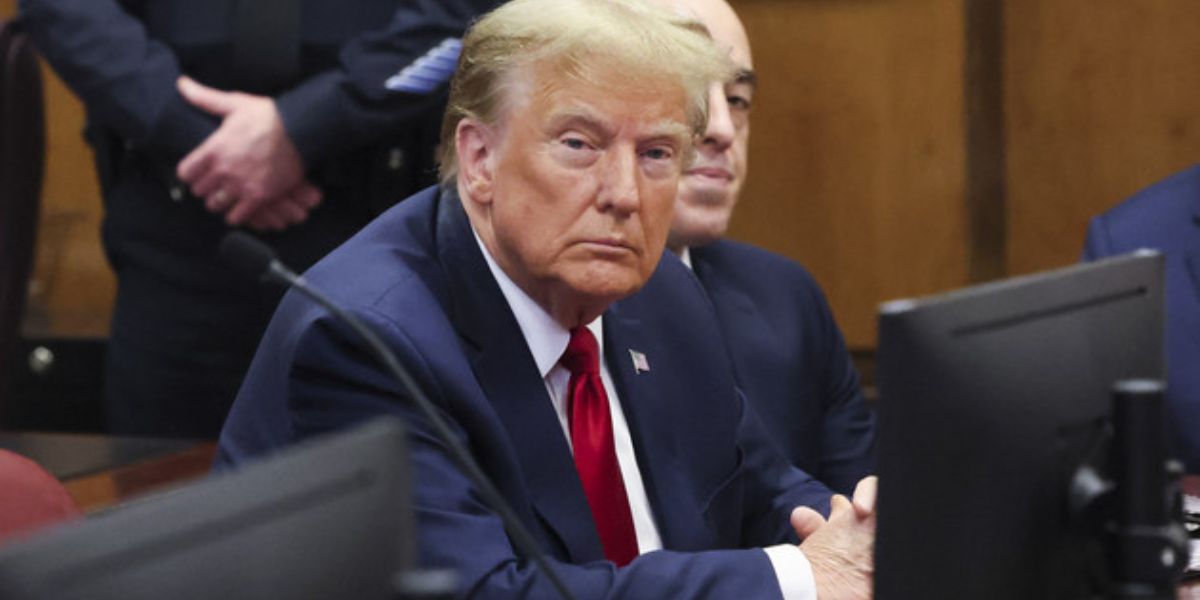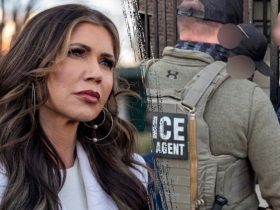Lawsuits attempting to hold Donald Trump personally responsible for his involvement in the January 6 attack on the Capitol can proceed, as the former president opted not to bring his extensive immunity claim to the Supreme Court.
Trump had until Thursday to submit a petition to the Supreme Court challenging a December appeals court ruling that dismissed his immunity claims, but he chose not to do so.
The appeals court specified that Trump could still assert immunity at a later stage in the proceedings for three cases involving Capitol Police officers and members of Congress.
A Trump spokesperson, Steven Cheung, stated that the “president Trump will continue to fight for presidential immunity all across the spectrum.”
The legal actions against Trump, both civil lawsuits and the criminal case related to January 6, are distinct. Trump recently requested the justices to temporarily halt the criminal case, citing immunity.
His legal team contends that his actions on January 6 fall within his presidential duties, granting him immunity from civil liability.
However, the U.S. Circuit Court of Appeals for the District of Columbia rejected this, asserting that Trump was operating as a political candidate, not as president.
The court emphasized that in the ongoing district court proceedings, Trump should have the chance to present evidence supporting his immunity claim based on official capacity. Following this, he could renew his efforts to have the lawsuits dismissed.
Kristy Parker, an attorney representing plaintiffs in one of the cases, stated, “We look forward to moving on with proving our claims and getting justice for our Capitol Police officer clients who were injured defending our democracy from Defendant Trump.”
James Blassingame, a Capitol Police officer injured in the January 6 riot, serves as the lead plaintiff in the civil immunity case. Other plaintiffs, including lawmakers present at the Capitol on that day, are part of multiple lawsuits that were consolidated during the appeal process.
Trump’s legal arguments in the civil case mirror those in his criminal proceedings, where he aims to delay the trial until after the November election.
In the criminal case, a separate panel of judges from the same appeals court dismissed Trump’s immunity assertion without directly addressing whether his actions constituted official acts. The court assumed they likely were official acts but concluded that, even under that assumption, Trump could not claim immunity.












Leave a Reply